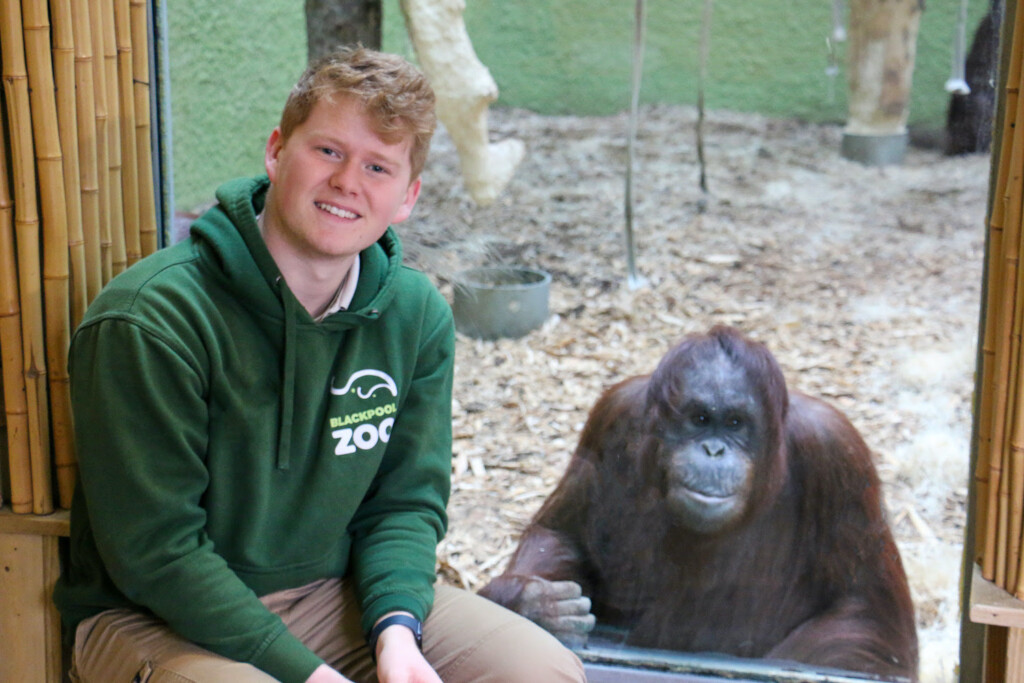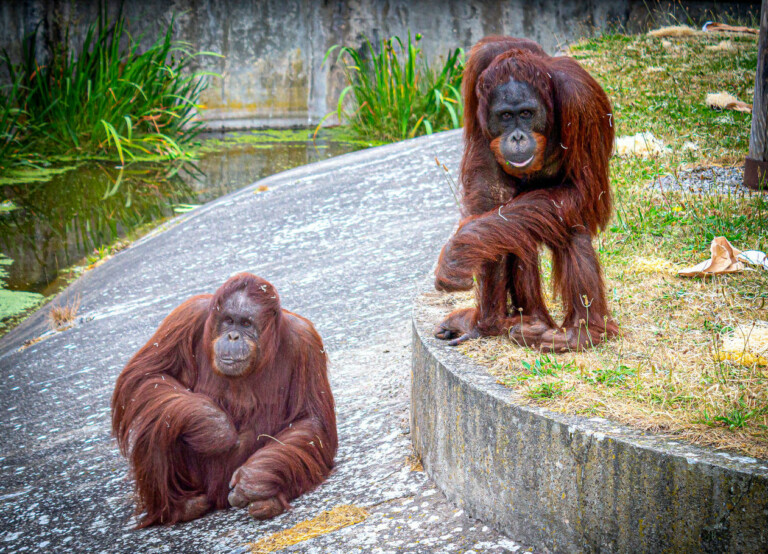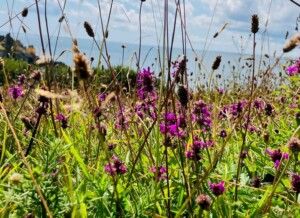Blackpool Zoo is working with Chester Zoo’s conservationists in a bid to transform Blackpool into a sustainable palm oil community.
The campaign, led by Blackpool Zoo’s education, conservation and research team, follows the successful movement launched by Chester Zoo in 2017.
Per a press release, unsustainable palm oil production has resulted in huge areas of rainforests in places including Borneo, Sumatra, Nigeria and South America being cleared to make way for oil palm trees.
Blackpool Zoo’s new project aims to prevent habitat destruction, protect biodiversity and tackle the global extinction crisis.

“Blackpool Zoo is working with Chester Zoo’s conservationists to launch a campaign to raise awareness and encourage local organisations to make the switch to sustainable palm oil,” said Blackpool Zoo’s sustainability officer, Joe Neath.
“Switching to sustainable palm oil would help protect the habitats of already endangered species such as pygmy elephants, Sumatran rhinos and Bornean orangutans like Blackpool Zoo’s much-loved Cherie, Summer, Jingga and Kawan.
“Preventing the destruction of forests and areas of biodiversity would also have a significant impact on climate change.”
Palm oil is thought to be used in around 50 percent of packaged supermarket products, including chocolate, crisps, margarine, soap, shampoo, toothpaste and make-up.
Tackling the global extinction crisis
To launch the project, the zoo is holding an information event on 23 February. This will include an interactive experience, discussions, and meetings with some of the animal residents.
“Businesses will then be invited to learn more about what they can do to become palm oil partners and sustainability champions in the coming months,” added Neath.
“The main task is a simple one though; encouraging local businesses, schools and organisations to simply contact their suppliers and check that the palm oil they use is sustainably sourced.
“If Blackpool’s conscientious businesses encouraged their suppliers to switch to sustainably sourced palm oil, the shared impact of our efforts would be huge.”
Owned by Parques Reunidos, Blackpool Zoo is home to more than 1,000 mammals, birds, reptiles and invertebrates.
Images: Parques Reunidos













